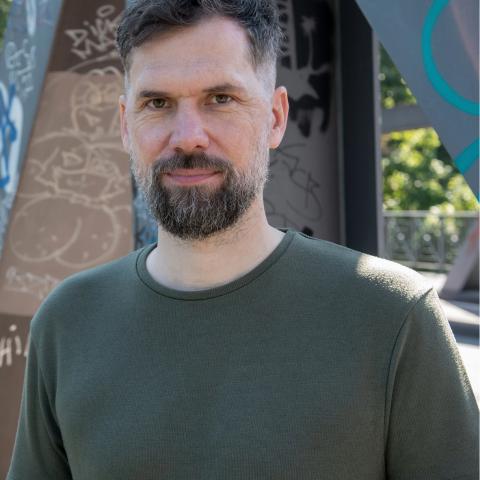Mexico’s socio-historical context has been strongly conditioned by waves of violence and insecurity at the local level. On the one hand, multiple forms of criminal, political, and structural violence accelerate the disarticulation of communities and prevent collective bonds from being fruitful for processes of social cohesion and emancipatory political practices. On the other hand, processes of de-solidarization are linked to processes of re-solidarization. While marginalized rural areas have been studied with important contributions to indigenous autonomies, alternative forms of politics, or communal movements, urban and semi-urban areas do not have the same body of research. The case of Milpa Alta in Mexico City is one of the semi-rural spheres where communal life, territorial practices, collective land ownership, and political institutionalization in the delegation office are in constant friction. Throughout the twentieth century, until recent events in the face of the new General Land Reorganization Program (PGOT), resistance has been marked by threats to communal territory and the pressures of land capitalization. Though embedded in a situated historical context, Milpa Alta offers vital insights into the experience of other communities facing illegal logging in Mexico.


